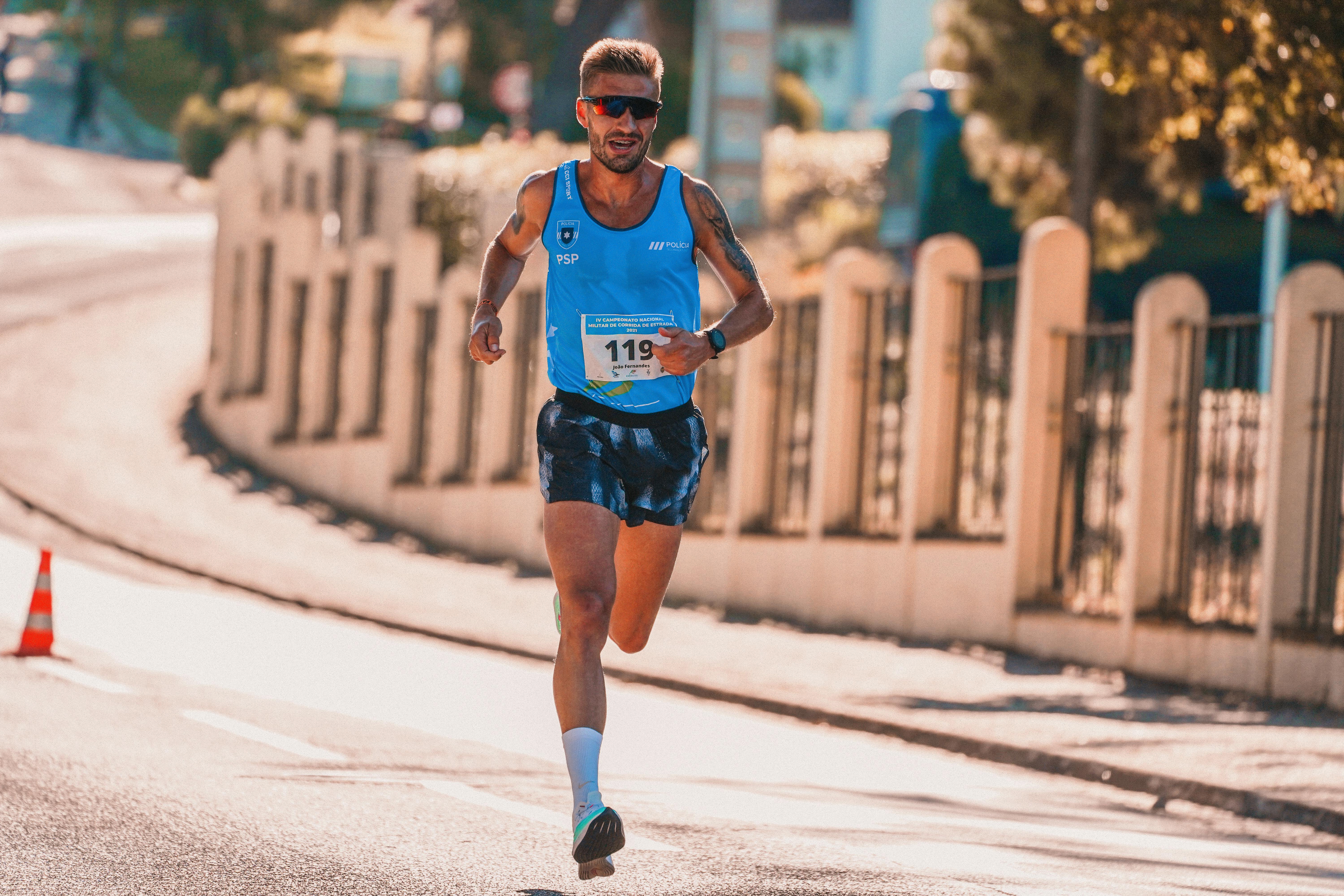
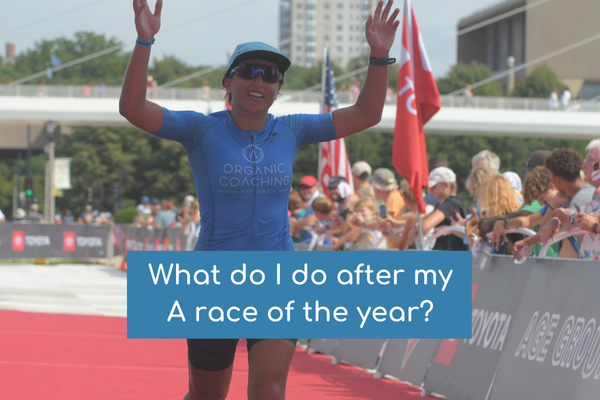
We spend countless hours training for those one or two big races a year which we call ‘A’ Races. The excitement and energy leading into the ‘A’ race are high because everything we have done throughout the year has been with the ‘A’ race at the forefront of our minds. All that energy is spent on race day and that can leave you with the post-race blues (see our other article on OC U) when you wake up the following day. It is a bittersweet feeling to be passed that milestone. On one hand, you did it! And on the other hand, it’s over and we don’t know what to do next.
1. If your last (or only) A race is at the end of summer or early fall and you are not ready to head into the postseason. Feel free to utilize your fitness to add some ‘C’ races to do for fun or to sharpen some skills in an individual discipline. Train with friends you may not normally be able to train with. Find new places to train, or find some local events to participate in. The options are endless!
2. If your last (or only) A race is later in the year and you have spent the better part of the year training, it is time to take a break.
As hard as it may be, it is time take some time to step away from triathlon. At Organic Coaching, we make sure athletes take at least a full week off training after their A race. The intention for this time off is to let the body recover from all that it endured during the entire season and race. It’s also time for mental recovery.
After having pushed your body to the limits at your A race. Your body will need time to repair all the tissue damage from racing. It is expected that you will feel sore and stiff afterward. To minimize recovery time, make sure you are continuing to take care of your body by hydrating and eating nutritiously. Additionally, after 2-3 days when most of the tenderness has subsided. Then massage is a great way to stimulate blood flow for recovery. Whether that includes rolling out the body or getting an actual massage. But feel free to use whatever recovery methods that work best for you.
Another reason a break is so important is that we may not realize how mentally fatiguing it is to be hyper-focused on fueling properly, sleeping, maintaining our equipment, training schedules, our performance, and all the other aspects of training. During the time off, take your mind off all the above. This does not mean completely scrapping healthy habits. But living guilt-free about things such as sleeping in or occasionally enjoying foods you may generally stay away from during training.
After a week or so completely away from training, we encourage athletes to introduce light, unstructured movement. While the default may be swimming, biking, and running, it is also a great time to switch things up. Explore movement in other ways. Try a fitness class, yoga, another sport (volleyball, basketball, soccer, etc.), hiking, or any other movement that brings you joy. After a week of unstructured movement, triathlon can be slowly brought back into the picture.
For those who find it difficult to step back or find yourself wondering why a break from triathlon is necessary. I promise taking 2% of the year away from triathlon will not harm your training. Or future performances but will do the exact opposite. Time off is very important for longevity in the sport. As much as we all love training and racing. We are all human and we need to lose some fitness and shed fatigue. This allows us to be able to continue building for years to come. After a planned break away from triathlon, you will feel rejuvenated and ready to get back into the swing of things.
However, it is not recommended to take extended time away from the sport unless you need to recover from a lingering injury. Consistency even in low volumes will produce the greatest results year over year so you can continue to build for the next season.
Lastly, after your A race/end of the season, it is advantageous to reflect on what went well and what can be improved upon from the last year. This allows you and your coach can continue doing the things that have helped. While also begin focusing on some weaker areas as well. With these areas identified, it is time to start planning for next year!
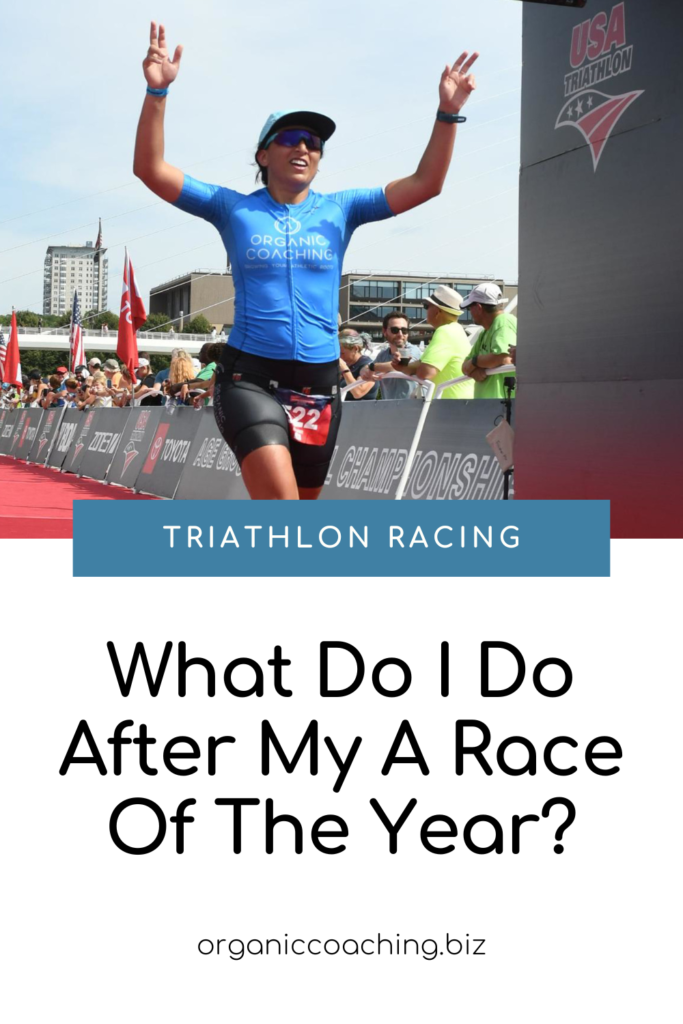
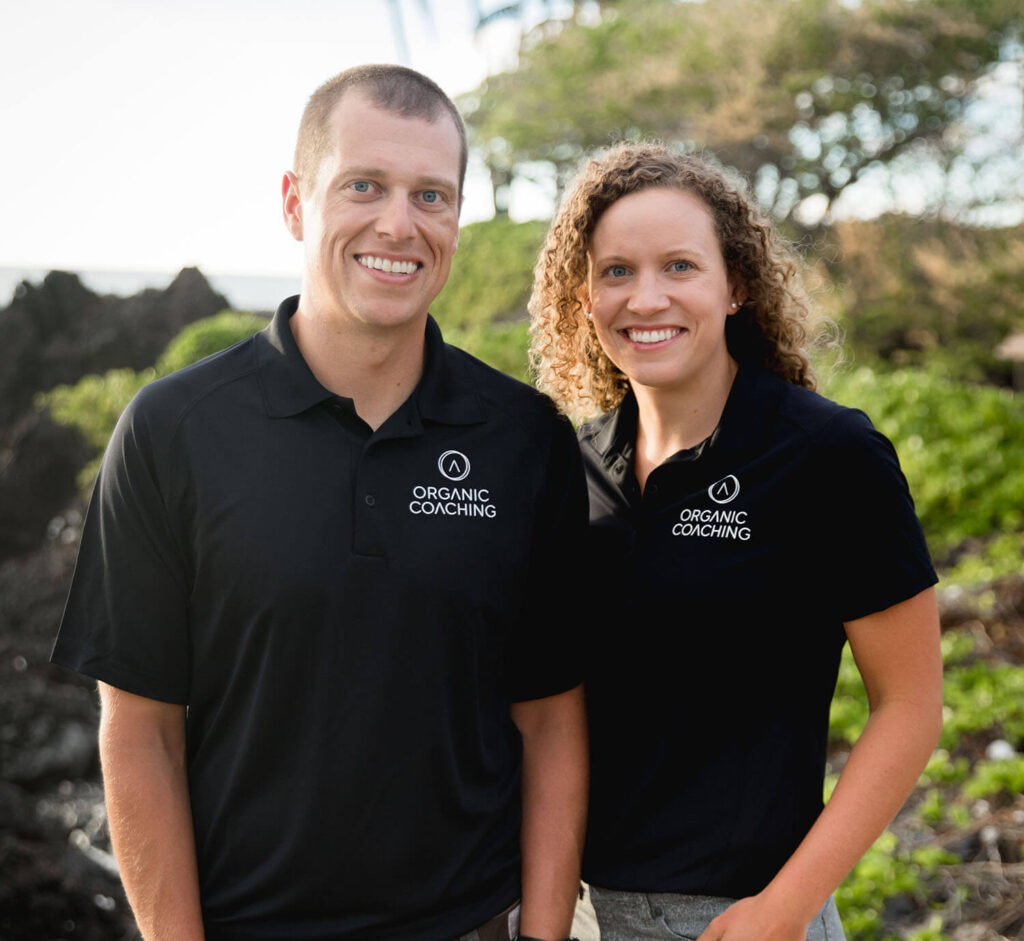
Carly and Tyler Guggemos built Organic Coaching in 2014 with a simple philosophy that works. The idea is to take what you have and grow it to get faster, fitter and stronger. And to do it with the time you have – not the time you wish you had.
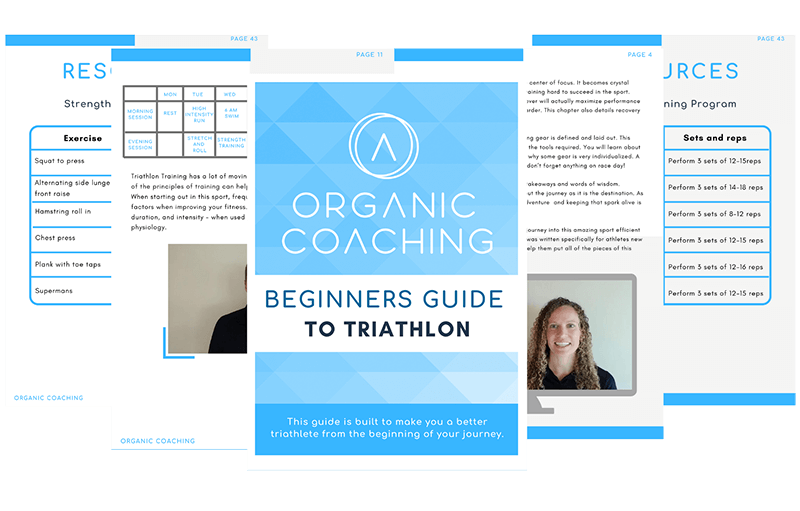
For athletes who are ready to take their training to the next level while still thriving and succeeding in their professional and family life.
Copyright © 2024 Organic Coaching LLC